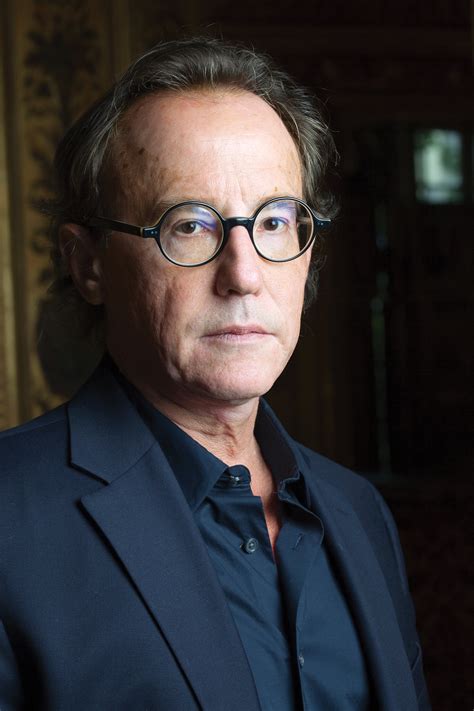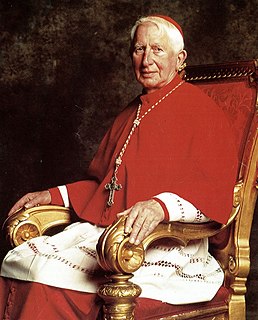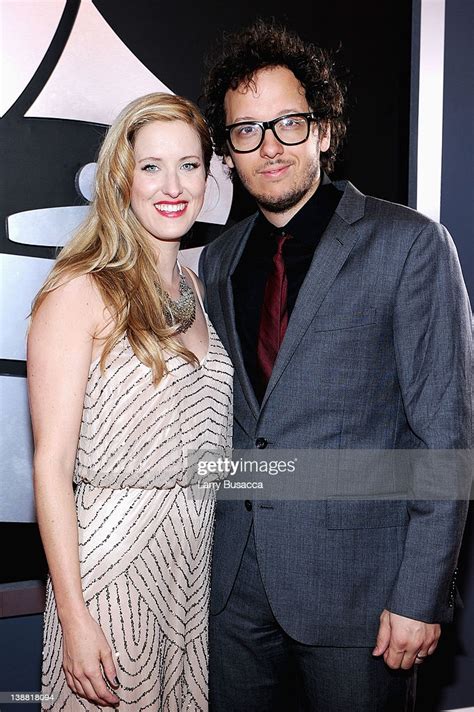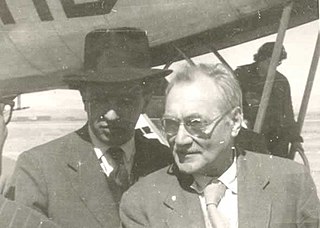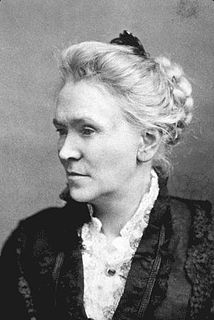A Quote by Mark Lilla
This is an accessible work of philosophy in the best sense, sharply focused on matters of vital human concern and free of the domain tics that mar even allegedly popular works by Anglo-American philosophers.
Related Quotes
My main interest is in the promotion of human values. From birth we have a sense of affection and some sense of concern for others. We need to nurture it. Scientists have found that to ensure even physical health peace of mind is essential. People often think that love and compassion are only matters of religious concern, but in fact such values are necessary in all human relations
One can delineate the domain of philosophy however one likes, but in its search for truth, philosophy is always concerned with human existence. Authentic philosophizing refuses to remain at the stage of knowledge […]. Care for human existence and its truth makes philosophy a 'practical science' in the deepest sense, and it also leads philosophy—and this is the crucial point—into the concrete distress of human existence.
The kind of approach I take is different from much of experimental philosophy. Although the experimental philosophers and I are certainly in agreement about the relevance of empirical work to philosophy, a good deal of their work is devoted to understanding features of our folk concepts, and in this respect, at least, I see them as making the same mistake as those armchair philosophers who are interested in conceptual analysis.
Socrates: So even our walks are dangerous here. But you seem to have avoided the most dangerous thing of all. Bertha: What's that? Socrates: Philosophy. Bertha: Oh, we have philosophers here. Socrates: Where are they? Bertha: In the philosophy department. Socrates: Philosophy is not department. Bertha: Well, we have philosophers. Socrates: Are they dangerous? Bertha: Of course not. Socrates: Then they are not true philosophers.
I am not sure just what Marx had in mind when he wrote that "philosophers have hitherto only interpreted the world in various ways; the point is to change it." Did he mean that philosophy could change the world, or that philosophers should turn to the higher priority of changing the world? If the former, then he presumably meant philosophy in a broad sense of the term, including analysis of the social order and ideas about why it should be changed, and how. In that broad sense, philosophy can play a role, indeed an essential role, in changing the world.
Philosophers feel a little more cautious about letting down their technical guard lest the general public doesn't recognize their special credentials. It's the fact that philosophy is of general interest that, paradoxically, keeps philosophers from wanting to speak in a way that's accessible to the general public.
Ever since men became capable of free speculation, their actions, in innumerable important respects, have depended upon their theories as to the world and human life, as to what is good and what is evil. This is true in the present day as at any former time. To understand an age or a nation, we must understand its philosophy, and to understand its philosophy we must ourselves be in some degree philosophers. There is here a reciprocal causation: the circumstances of men s lives do much to determine their philosophy, but, conversely, their philosophy does much to determine their circumstances.
Art matters. It is not simply a leisure activity for the privileged or a hobby for the eccentric. It is a practical good for the world. The work of the artist is an expression of hope - it is homage to the value of human life, and it is vital to society. Art is a sacred expression of human creativity that shares the same ontological ground as all human work. Art, along with all work is the ordering of creation toward the intention of the creator.
When all humanity works for humanity, when the life-business of men and women becomes one united partnership in all matters which concern each, when neither sex, race, color, or previous condition is held as a bar to the exercise of human faculties, the world will hold in its hands the promise of a millennium which will work out its own fulfillment.
